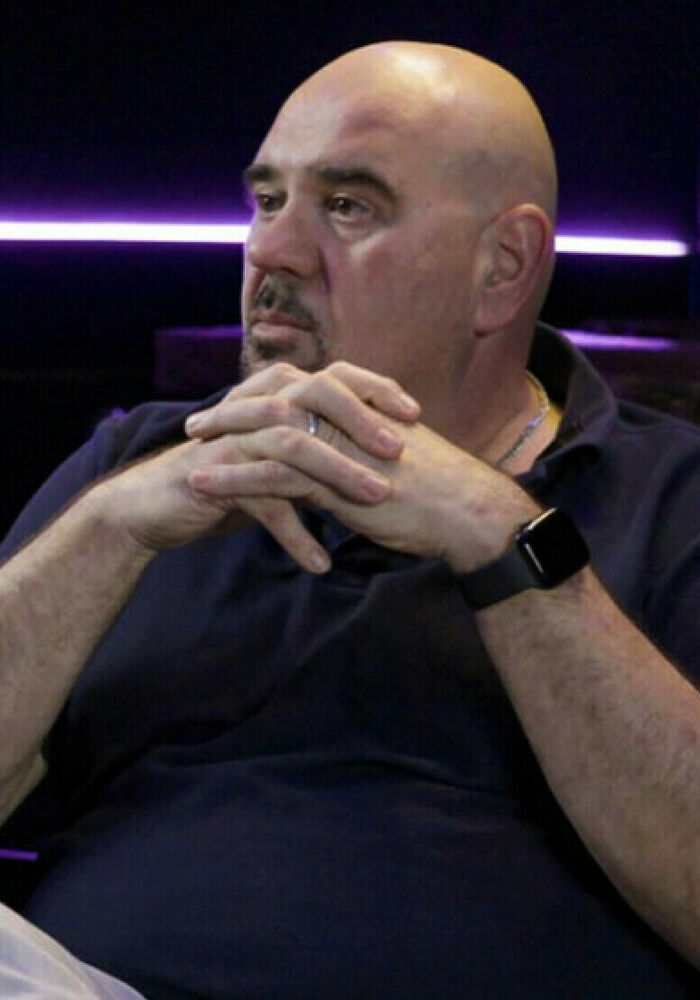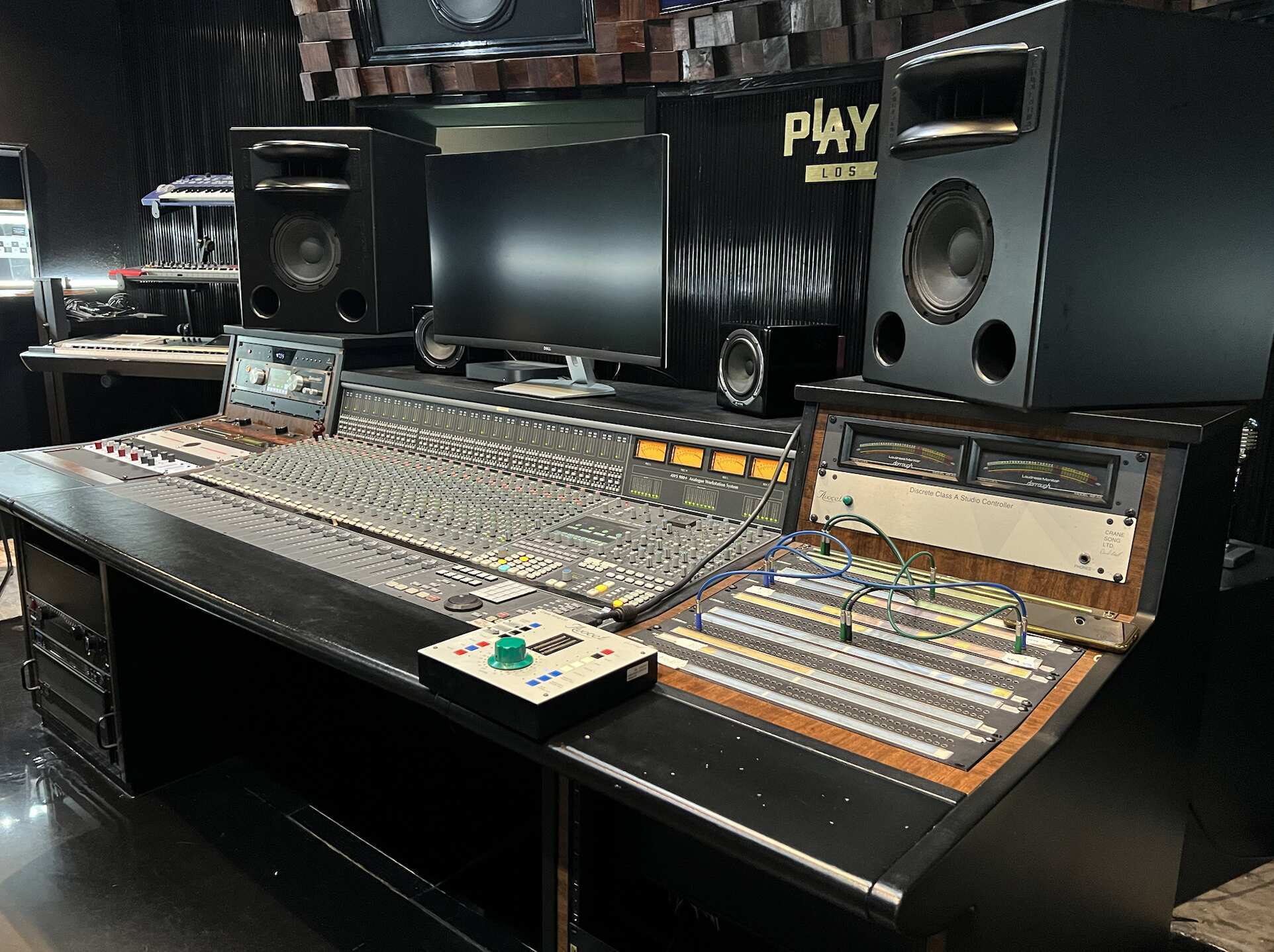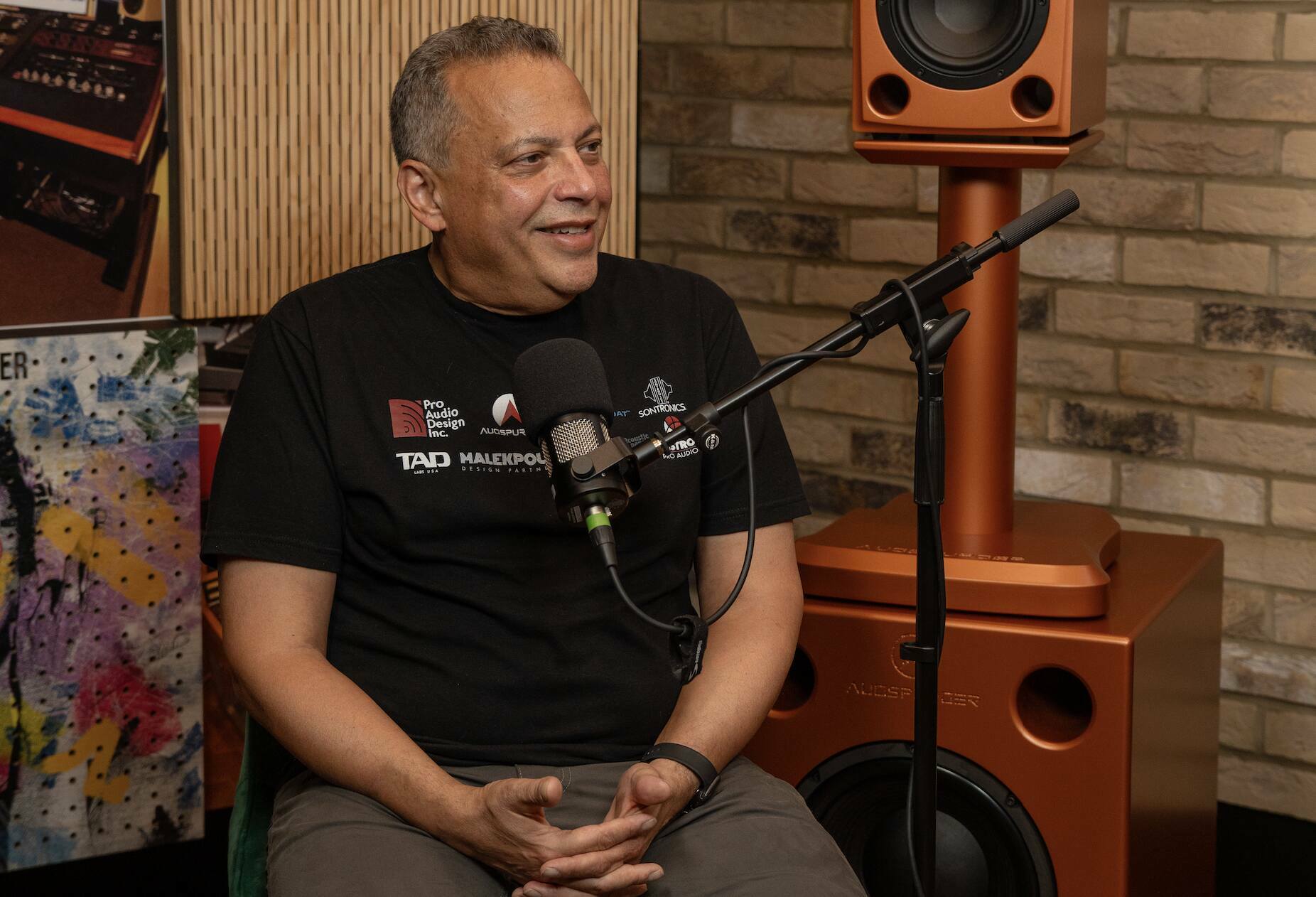Five-times Grammy nominated, multi-platinum mixer, writer and producer Jean-Marie Horvat has worked with some of the biggest names in music, from Destiny’s Child and Beyoncé, to Michael Jackson, Justin Timberlake and The Weeknd. Headliner joins him for a chat about his journey from growing up in the projects of New York to garnering a glittering studio career, as well as the pivotal role Augspurger Monitors have played in shaping his craft…
We’re barely five minutes into our Zoom call when it becomes clear that it would take not hours or days, but weeks to fully dissect the life and career of Jean-Marie Horvat. Impressive as his CV may be, it barely scrapes the veneer of the story that lies beneath. If any mixer’s life story warrants a feature length screenplay, it’s his.
For the past 30 years he has been applying his signature touch to a vast array of definitive records for the likes of, in addition the names mentioned above, Jessie J, Chris Brown, Ty Dolla $ign, J Lo, Rae Sremmurd, Robin Thicke, and more. Yet, despite his reputation as one of the most sought-after mixers of hip-hop and R&B, his roots lie very much in rock. This, he informs us before we dig into his career in earnest, is something he is relishing returning to at present.
“Recently I’ve been going back to where I started,” he says. “I went on to work in hip-hop and R&B for most of my career, but I love doing indie stuff. I’ve been getting back into rock because I didn’t like where hip-hop is heading - more the trap stuff - because everything sounds redundant. I’m a musician first and a technician last, so I’ve been revisiting how I got involved in music - that was the bedroom and the house for me. Everybody says you have to be in a controlled environment, but chaos is the greatest recipe of an amazing song. The imperfections make it perfect.
“I’ve been doing a lot of Coco Jones stuff and I’ve been working with a new kid called London Cheshire with [producer] Barry Hankerson. And I’ve been doing some other rock projects I can’t talk about just yet.”
From second one of our time together - a couple of hours that feel like minutes – Horvat’s natural skills as a raconteur are immediately apparent. His rich New York accent and the cadence of his speech make him an engaging and entertaining storyteller, while the candid and colourful language he employs in conversation is frequently hilarious. As he goes on to explain, many of the most pivotal moments of his career have been the result of a series of happy accidents or a flat-out refusal to follow the established order. So, when did his life in music first begin?
“I can tell you right now,” he interjects mid-question. “I was six or seven and I was watching Sesame Street and Stevie Wonder came on and did Superstition. And seeing KISS for the first time. I remember seeing them, and Toto, and my brother was a major contributor to my musical taste. I remember him bringing home KISS’s Alive for me. And I started delving into his music and got into Steely Dan and the Eagles.
“Then what got me into playing guitar was Ace Frehley. My brother bought me an acoustic guitar and I was just mimicking him at the start. And going to record stores and being a fanboy is what got me into music at the start.
“But I also grew up in the projects, so the streets were another form of education for me. I was listening to a lot of R&B and soul, and that combination is what led me to work with Teddy Riley.”





